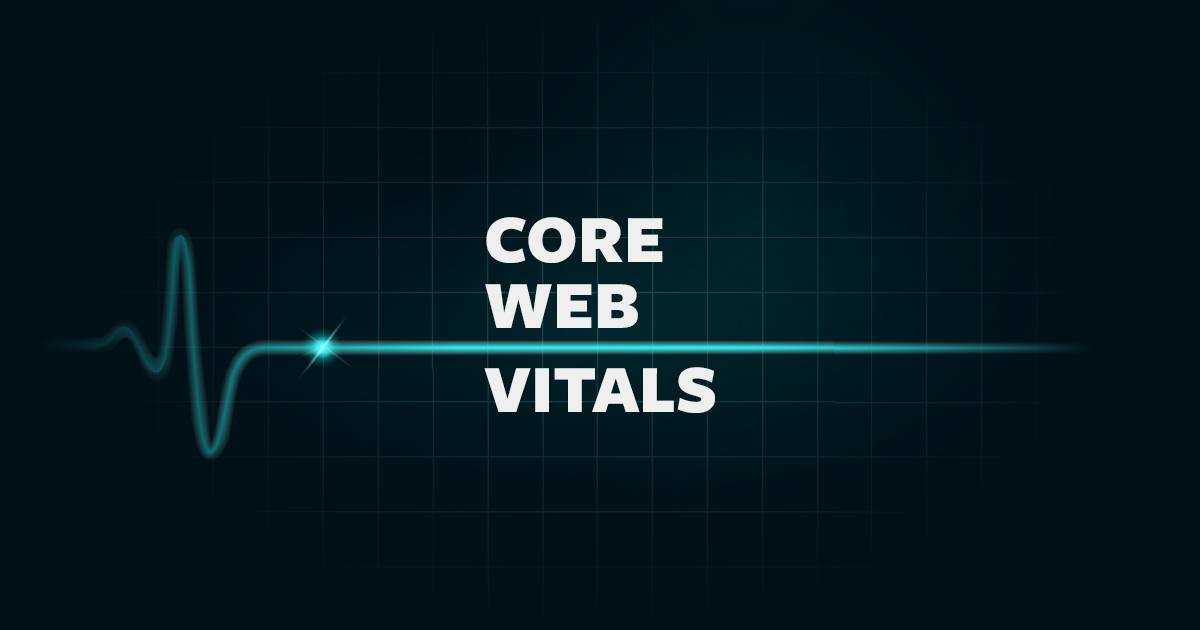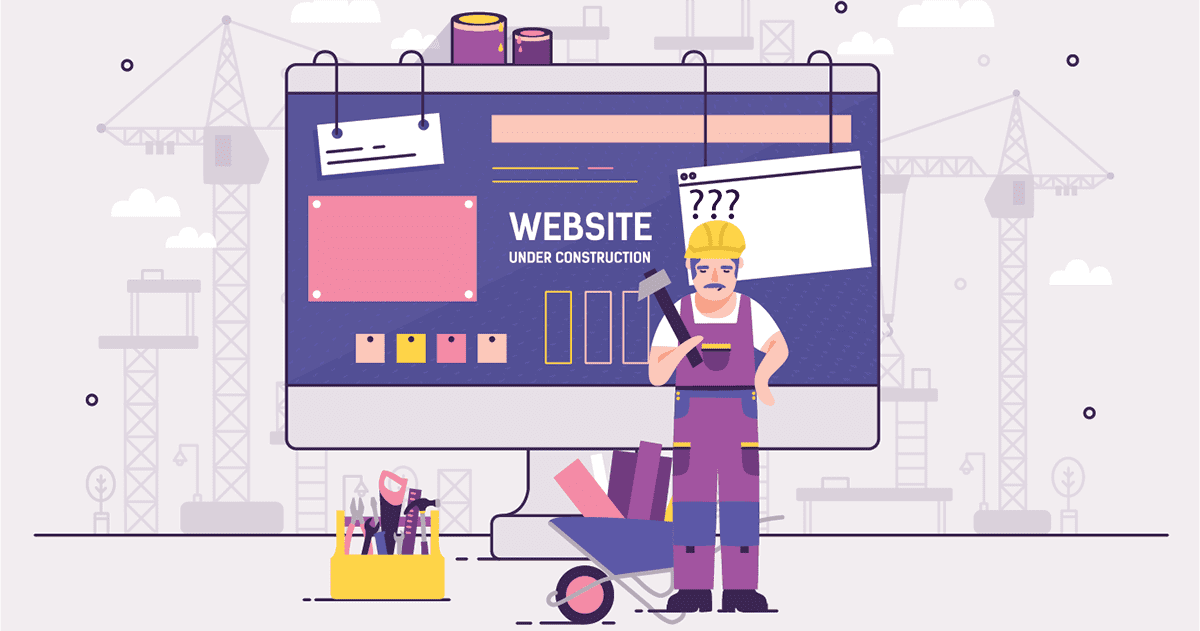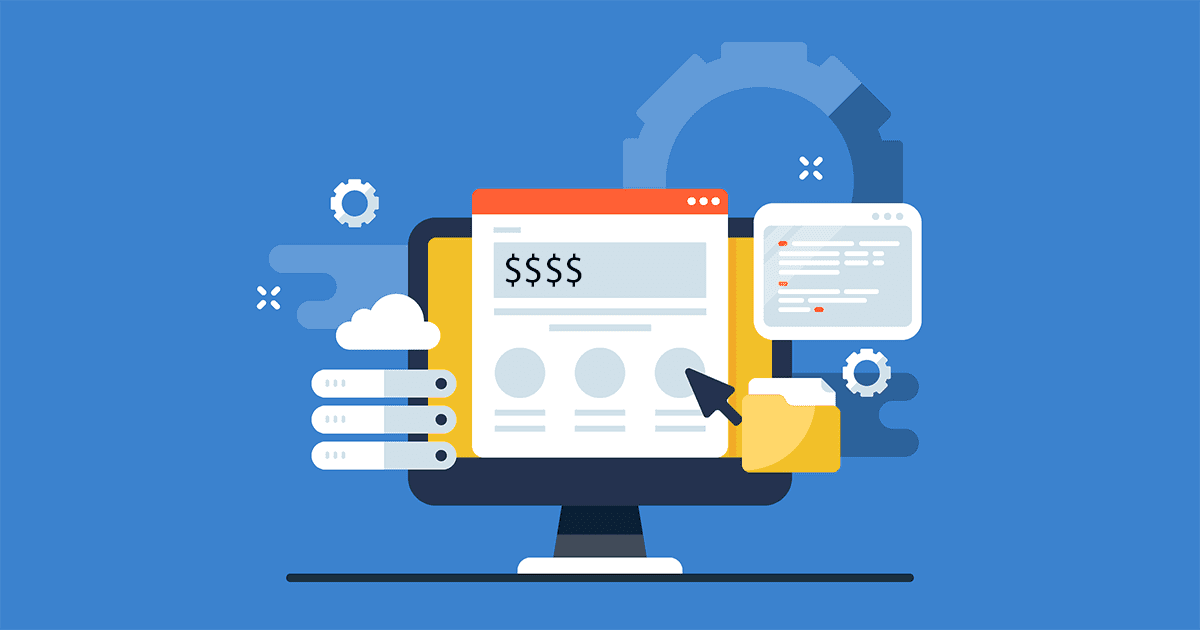Most normal people don’t even know what the Google Algorithm is. Let alone care what a Google Algorithm Update is. Or what it means to them… Are you one of those people? That’s okay. But even if you are, if you’re in business and you have a website, and you want it to be found, then you need to know about this next update!
This update is BIG. REALLY big. It WILL separate the website winners from the losers! If you don’t understand – or even care for the “nerdy Geek Speak” – that’s cool I get it, but before your eyes glaze over and you hit the back button, or give up and go watch videos of cats, I urge you to read on, or at the very least, contact your website provider to discuss what you need to do to get your website up to speed.
The 3 Key Aspects of Core Web Vitals
Google announced this Algorithm update last April. This means that they’ve let us know ahead of time that this major change was in the works. Only recently did they put a date to it, however. In May, their new measurement for SEO called Core Web Vitals will start taking effect. Specifically, they are introducing three metrics specific to page experience. These Core Web Vitals put simply, will address:
1. Site speed
The speed a website page loads once a link is clicked on from search results. Google has been pushing fast site speed for several years, because that’s what users want. Over half of users won’t wait more than 3 seconds for a page to load. Yet, stats on page load speed claim the average is anywhere from 15 seconds to nearly 30 seconds to load. Mobile sites are meant to load faster, but many take longer because the site wasn’t designed to work on mobile devices.
So what does that mean for you? If you are able to get your pages to load in under 3 seconds, you should see a boost in results. All content “Above the fold” (What someone sees without scrolling down) should load within that time. Most sites are going slow, and if you’re faster, you’re more likely to rank above them in Google.
2. Interactivity
How seamless user interactivity is – for example, with no delays in button-tapping and site response or desired action. We’ve all been to a website with broken buttons or a confusing structure. With Interactivity being measured soon, sites that are designed and built better will rise to the top. Google knows design and ease of use is important to people. So they’re going to start rewarding sites that do it well–and punishing ones that don’t.
3. Stability
The stability of a webpage content is the way it loads for a user on the screen. Have you ever been on a website and see something you want to click, but then it moves right before you click it shifts and you click something else? Those kinds of things will soon be measured as Stability. The layout of the pages should generally be consistent. Pages where text or images keep shifting around while other things load (Think ads loading while you’re reading) will start to see a decrease in rankings. Google has known this kind of site behaviour annoys people, so they’ve found a way to measure and analyse the most important factors that cause this.
What does this mean for your website?
This change could be good or bad news for your website. It’s good news is that if you already have a well-built site that loads fast and gives a good user experience. You might not have to do anything to get the benefits! You’ll probably see your rankings increase and it will be easier for you to be found in Google.
The bad news is that if your site needs improvement, this update could hurt. An old, basic, slow site won’t do well when things change. If you’ve been putting off updating your website, now is a good time to action it. The sooner you do it, the better.
Procrastination is easy!
When you have hundreds of things on the go – as most business owners do, it’s easy to let something like this sit in the “I’ll worry about that when it happens category”, If you’re familiar with the Eisenhower Matrix then this is the probably sitting in the Important, but not Urgent quadrant.
This is normal. We see it all the time with business owners and only when something becomes Urgent and Important, is it really on the radar? It’s human nature to put things off or procrastinate when we don’t understand the impact or cost of the action, or the cost of inaction for that matter.
If you value your website and you get a good amount of leads from organic traffic, then the cost of inaction here could be detrimental to your business.
On the other hand if you don’t know what your website is up to or what it is returning for you I recommended you talk to a good Marketing Company. Have a read of our article by clicking the button below to see how to find a marketing company who is a good fit for you.

User Experience – It needs to be top shelf
User Experience is a bit of a buzzword these days in digital marketing. However, it also can’t be understated. The user, A.K.A. your leads, prospects, and customers have all of the power these days!
Your website needs to cater to their expectations. Whether that be expecting the site to load lightning fast, that they can navigate your site well, or simply find the answers to their questions about what you do and how much it costs.
If it doesn’t cater to these things, then the reality is you are likely to lose those visitors, never to return, especially if your competitor caters for their expectations better.
Google’s promise to all internet users
All online searchers want 2 things – relevant webpage results for their search query, and when they land on that page, a great experience from the websites. Google understands this and as such they want, no, NEED to deliver on that. And that is their core promise.
To deliver that promise, the Google Algorithm Update needs to be constantly evolving. And your website needs to keep up! Google added metrics around page loading speed, mobile-friendly need in 2018, then the BERT update in 2019 and in April 2020 they announced the focus on user experience. And May 2021 will see it come to fruition. To evaluate and measure page experience they will implement what they are referring to as Core Web Vitals.
Google has said for over a decade that they want users to have the best experience possible on websites and deliver those websites as their first results. A good website is an investment. It takes time, effort, and resources to do it right. At the end of the day, your website needs to have a good design with quality content. Some people have tried to take shortcuts, tricking the algorithm etc. but that was always a risk. Eventually, Google was going to find a way to find out what websites are doing it right and what ones took shortcuts. The next step for that starts in May. Are you ready?
What do you need to do now?
I mentioned the Eisenhower Matrix above and if you care about your search rankings, then now is the time to shift your focus. Your website maintenance, or design for user experience into the URGENT and IMPORTANT quadrant. I can tell you categorically as I write this, even our own website is well below average. Right now it needs some urgent attention! We’re working on improving it to make it better and easier to use.
So if you haven’t done much with your website in recent times – or worse – have done nothing, then please act… For your website users’ sake, please don’t procrastinate. Your website’s success quite literally depends on it.
See how your website is doing with a free website audit










